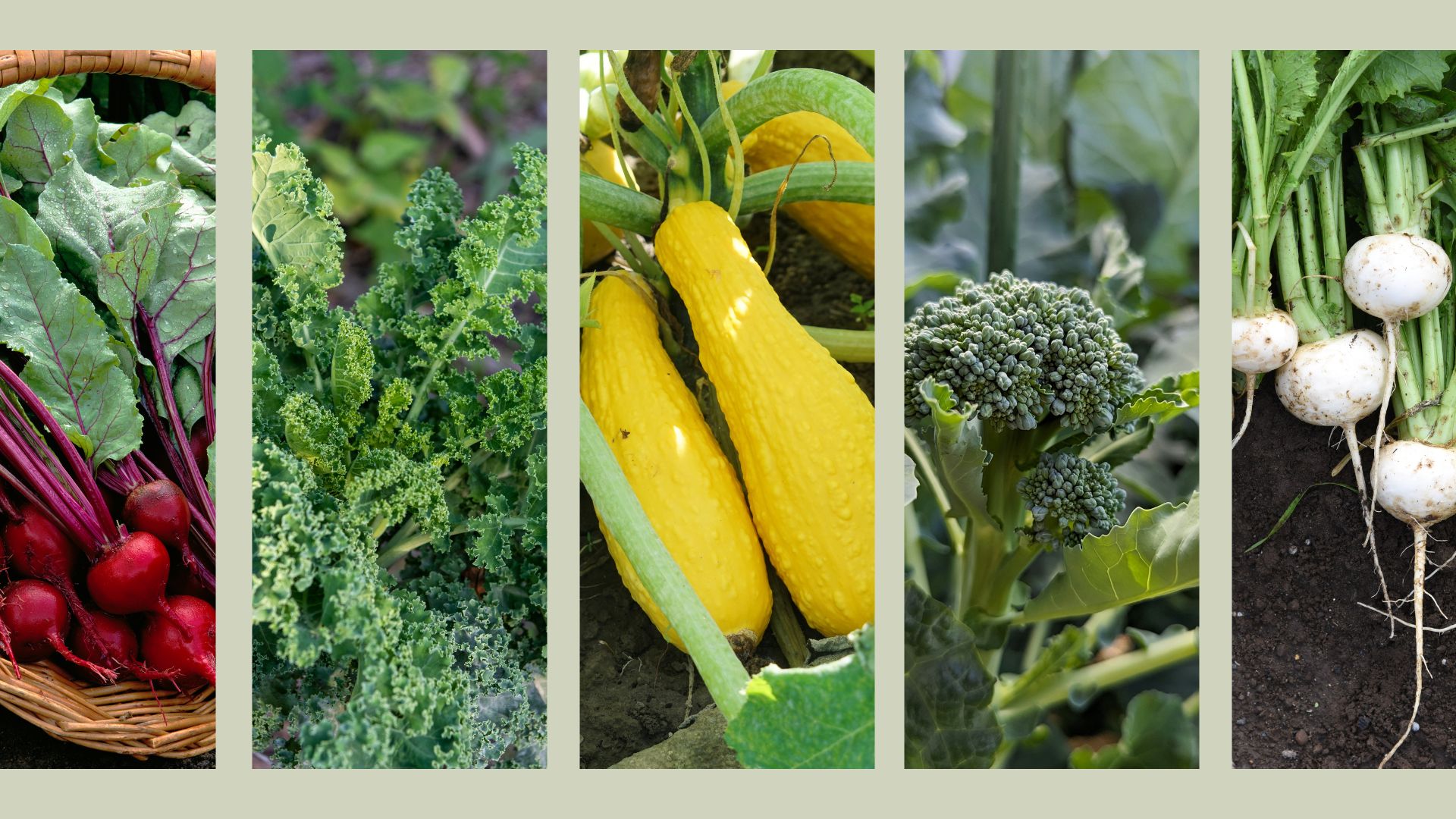
Knowing what to plant in your allotment and when is an easy way of ensuring you have an impressive harvest when the time comes. So, what can you plant in August?
Whether you're vegetable gardening for beginners or are wondering what's next in your long line of vegetable succession planting, certain seeds will need to be sowed this month.
It can be hard to keep track of all your seed packets with their varying instructions so we asked the garden experts exactly what veggies you should be planting this month.
Discover what vegetables to plant in August
Whilst you may follow the yearly garden trends, there are seasonal rules to follow more closely and these will help you get the most out of your vegetable patch.
Ensuring you're sowing your seeds at the right time is a key part of keeping your garden thriving and providing you with food for the seasons to come.
1. Kale
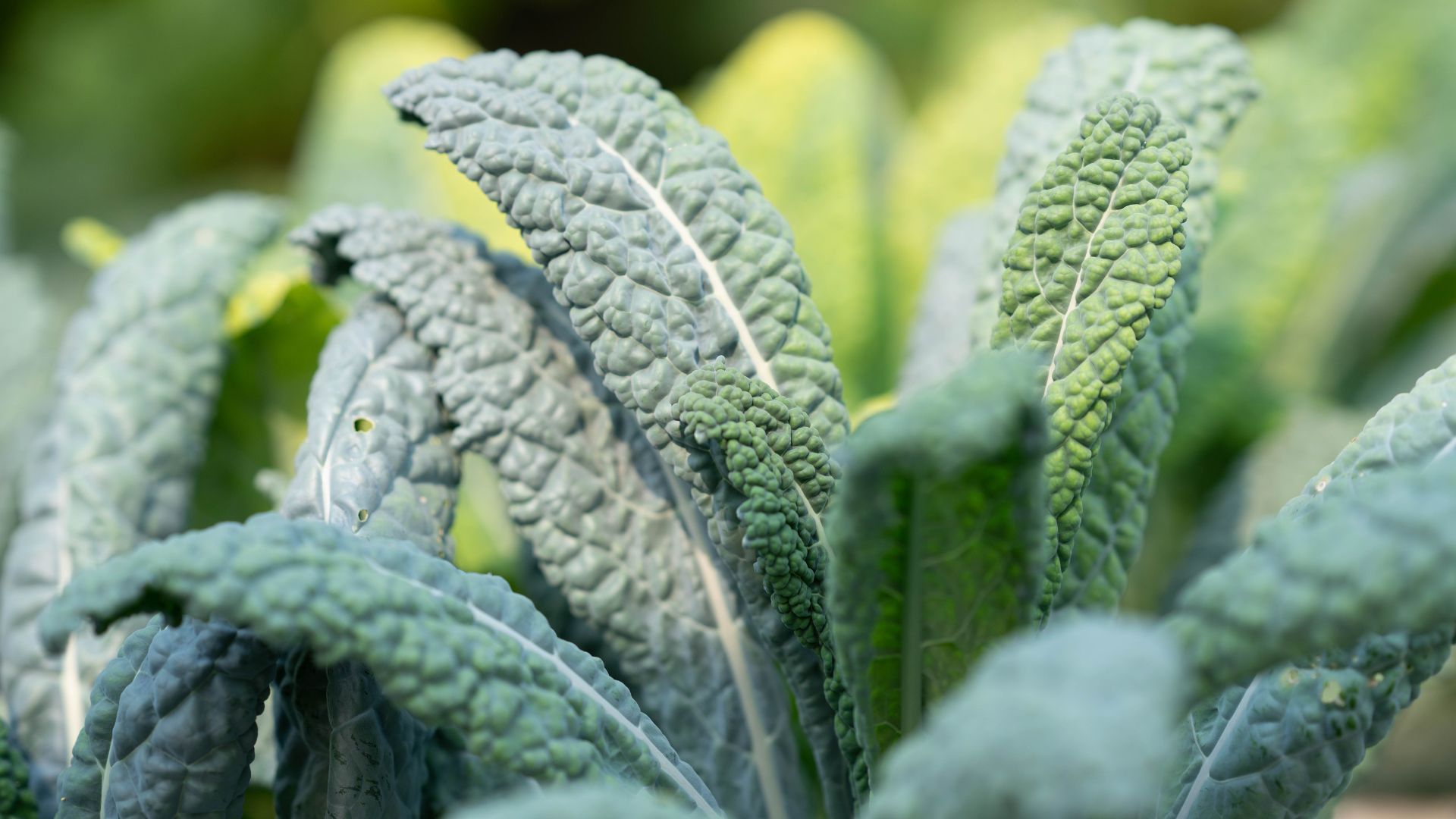
First up on your to-plant list is the popular superfood kale, which surprisingly is a leafy green that'll grow well into winter.
Georgina O'Grady, garden expert and Managing Director at Evergreen Direct says, "Kale is particularly worthwhile this season; it’s resilient and can handle light frosts (which actually enhance its flavour). Sow seeds directly in rich, well-drained soil, spaced around 30 cm apart."
Why not try out Sarah Raven's salad-growing gutter trick? It's perfect for getting seedlings started! Sarah's website sells Kale 'Nero di Toscana' seeds on her site with 100 seeds priced at £1.95.
2. Squash
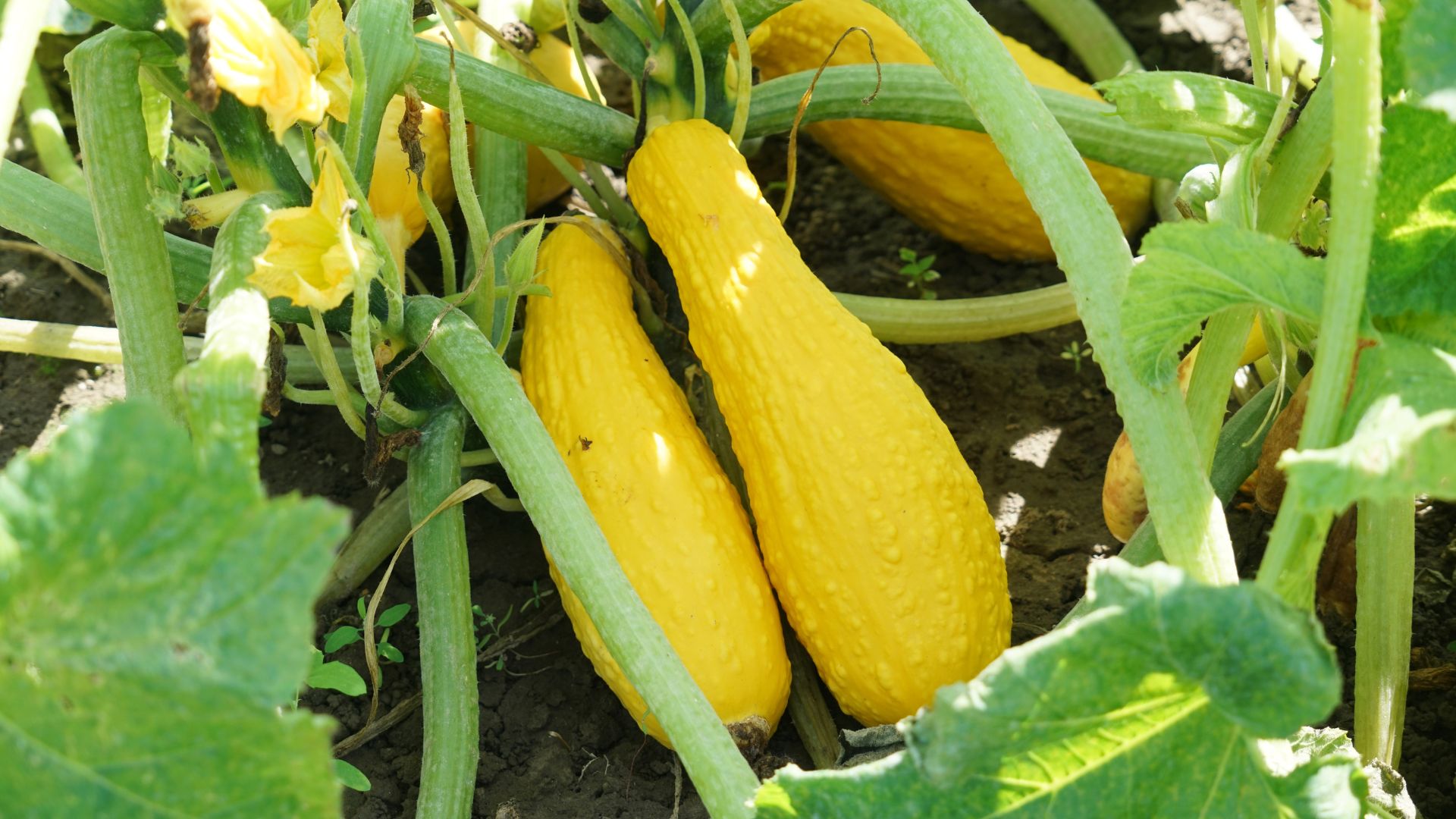
It's not just autumn decor ideas that you can start introducing into your life, your gardening is also about to take an autumnal turn.
"Summer squash varieties like courgette, along with pumpkins, can still be planted in August, particularly in warmer regions. These heat-loving plants will produce fruit well into the autumn if given enough water and sunshine," explains Kate Turner, gardening guru at Miracle-Gro.
When planting squash seeds Jane Dobbs, lead gardener at Allan's Gardeners says, "Seeds should be sown in shallow trenches, covered lightly with soil, and watered gently. Keep your plants hydrated, especially during dry spells in August. Deep, infrequent watering makes roots grow deeper, making plants stronger."
To get you started, B&Q's 10-pack of seeds for butternut squashes are £2.99 and will have you feasting in no time.
3. Beets
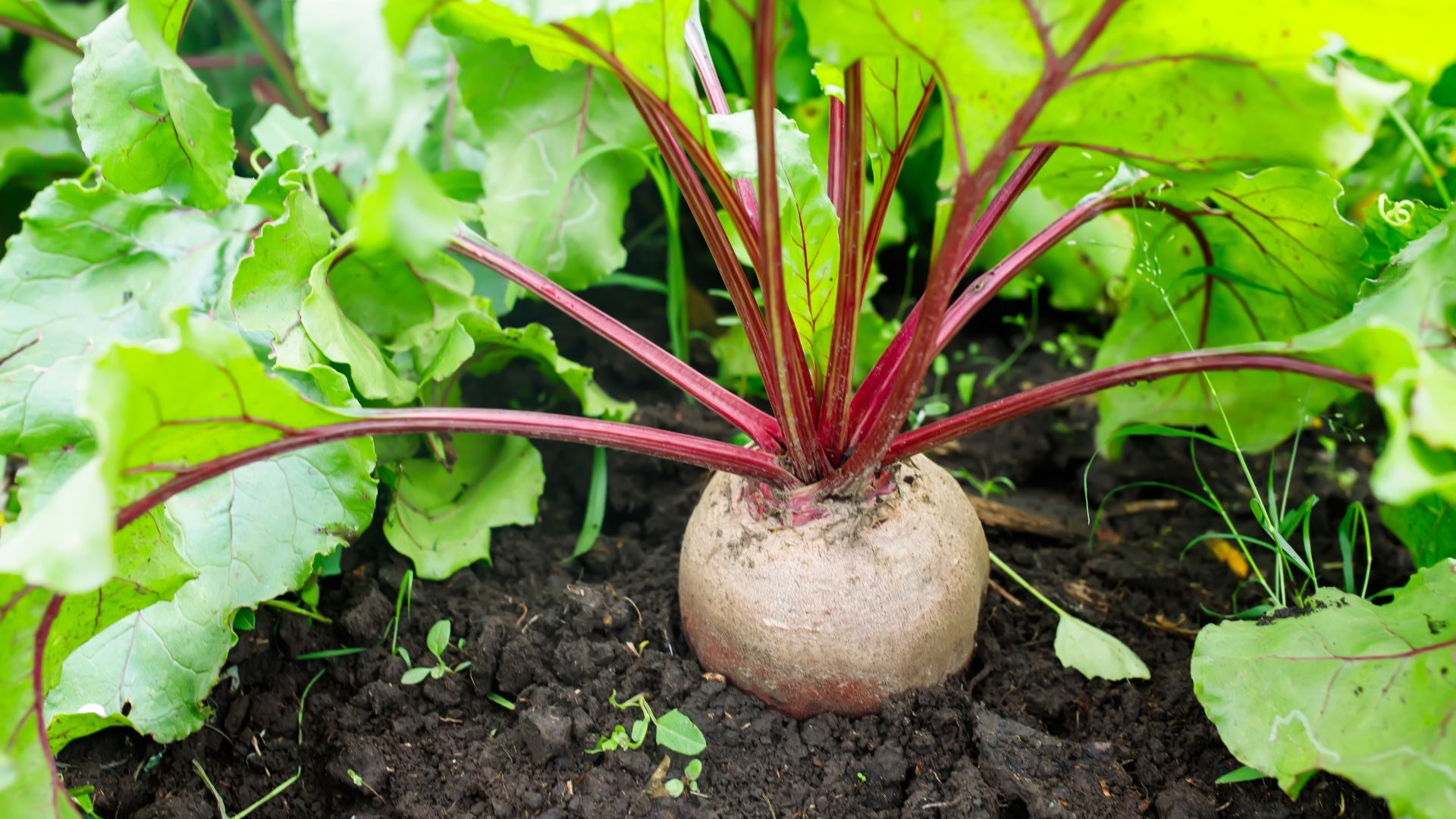
Using some gardening tips for beginners and planting beets in your garden is a really easy way to get started with growing your own food. Root vegetables are a great place to start as they are easier to care for.
Victoria Cummins, gardening expert and Senior Editor at PlantWhisperer explains, "August is perfect for beets as they enjoy the warm soil for germination but benefit from the cooler fall temperatures for root development. Plus, you get two vegetables in one - delicious roots and nutritious greens!"
When it comes to planting, Victoria recommends doing so in containers and sowing seeds around 1 inch apart in rows. She says as they grow, you need to thin the seedling to 3 inches apart so the roots have a chance to develop.
"Beets prefer a deep pot, at least 12 inches deep, to accommodate their root system," she finishes. You can plant different varieties of beets, these seeds from RHS are mixed beetroots and will provide you with four different coloured vegetables, priced at £2.39.
4. Turnips
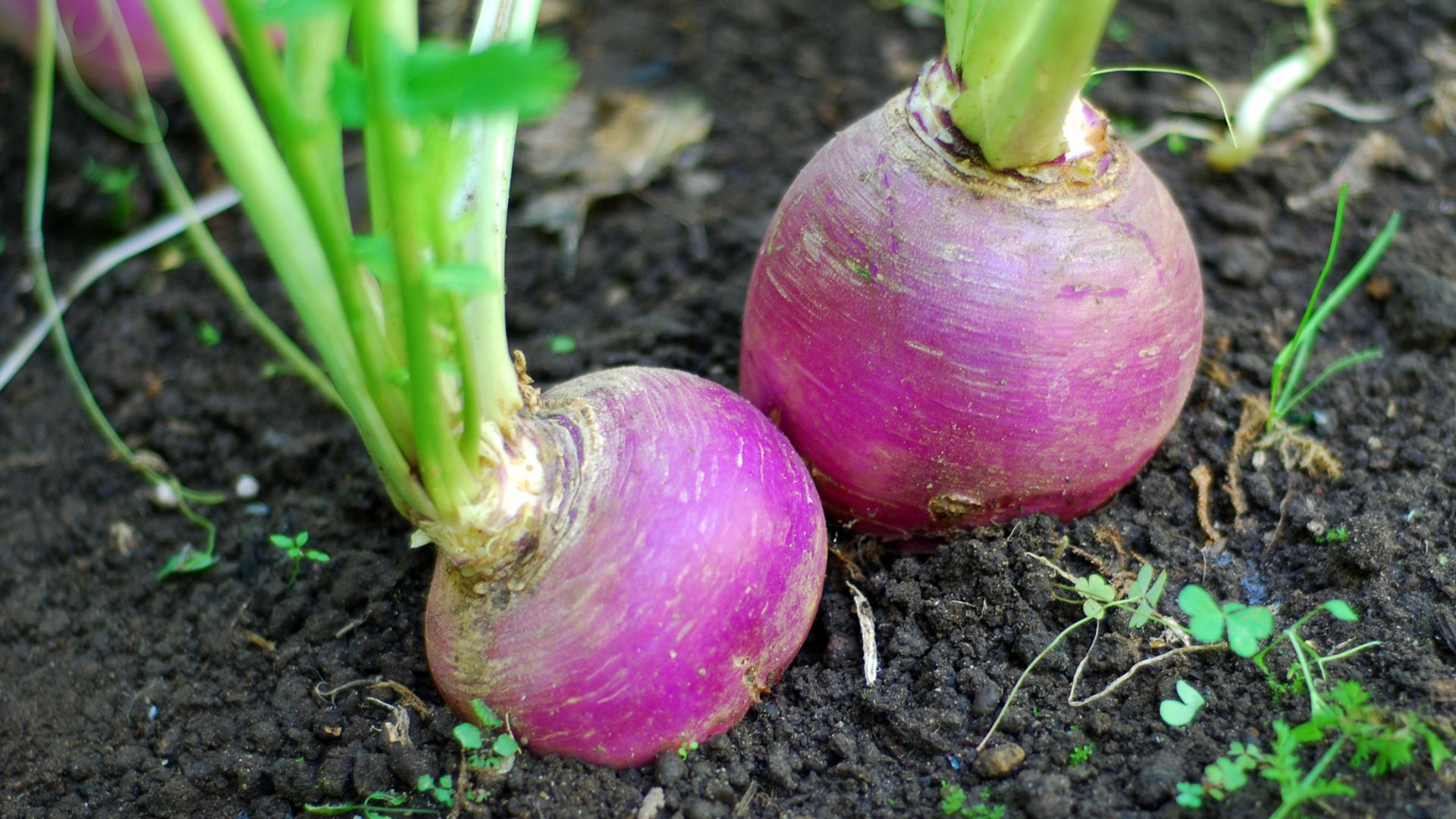
Love them or hate them, turnips are a classic addition to the great British roast and should be planted in August for the best chance of successful growth. You can pick up a packet of seeds from Amazon for just £3.39 and start planting as soon as possible.
Victoria says, "These fast-growing vegetables are ideal for August planting. Like beets, they offer both roots and greens, maximizing your harvest from a single plant."
"For turnips, sow seeds directly in your planter, spacing them about 2 inches apart. Like beets, they'll need thinning as they grow. A wide, shallow container works well for turnips," she adds.
Even if you don't want to eat the greens from your root vegetables you can use another sustainable garden idea and compost that part.
5. Broccoli
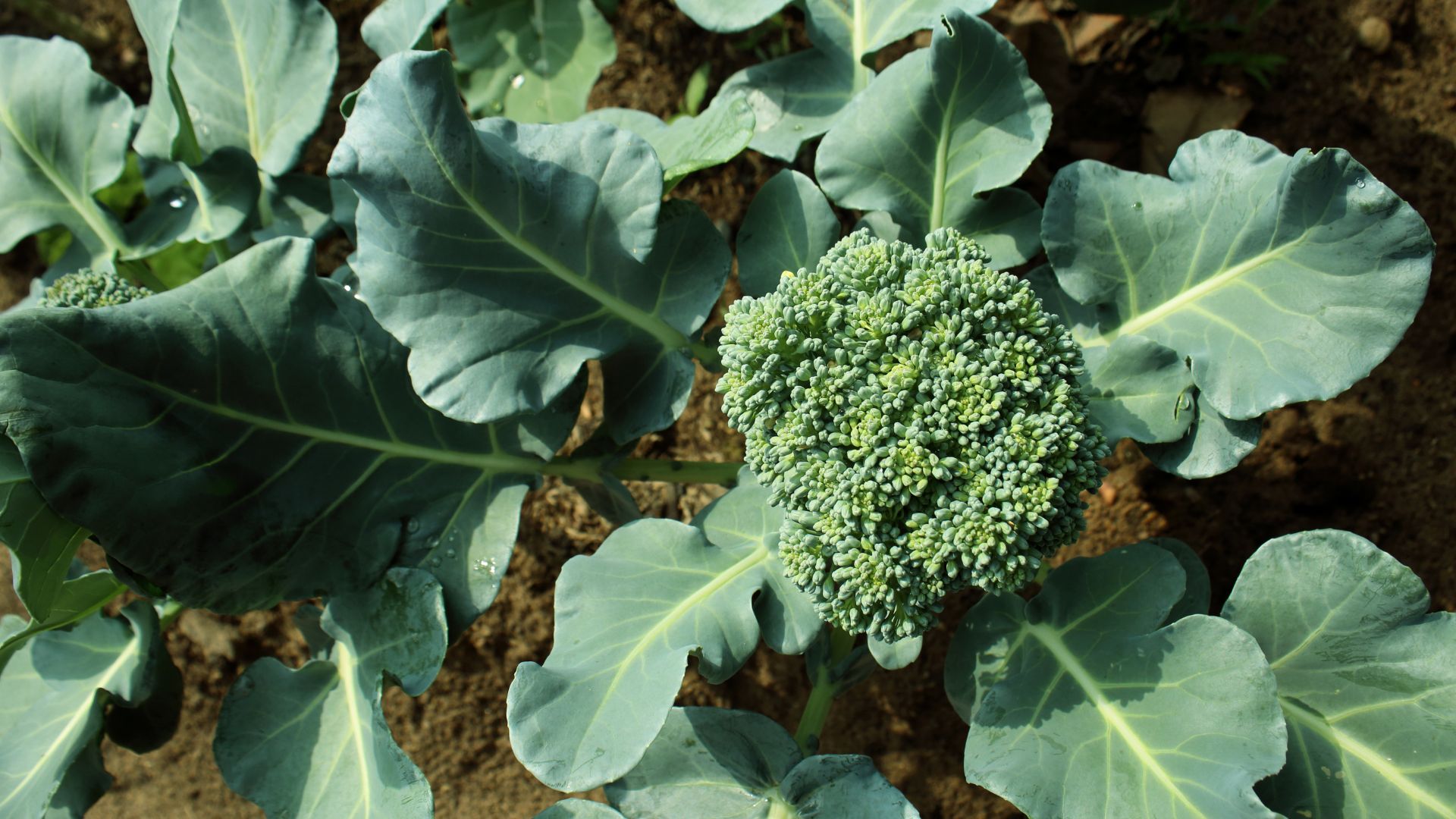
Another great vegetable to get planted in August is broccoli and this is usually best grown in a vegetable patch so it has ample room to grow up and out.
"Planting broccoli in August allows it to mature in the cooler fall weather, which enhances its flavour. It's a great way to enjoy fresh, homegrown broccoli in autumn," says Victoria.
She explains that broccoli is best started indoors and then transplanted into larger pots or plots. "Each broccoli plant needs about 18 inches of space, so choose your container accordingly. Use a nitrogen-rich potting mix for best results," Victoria adds.
You can pick up some broccoli seeds from B&Q for only £1.59 and if you get stuck with care they offer growing advice on their site too.
Shop vegetable planting essentials
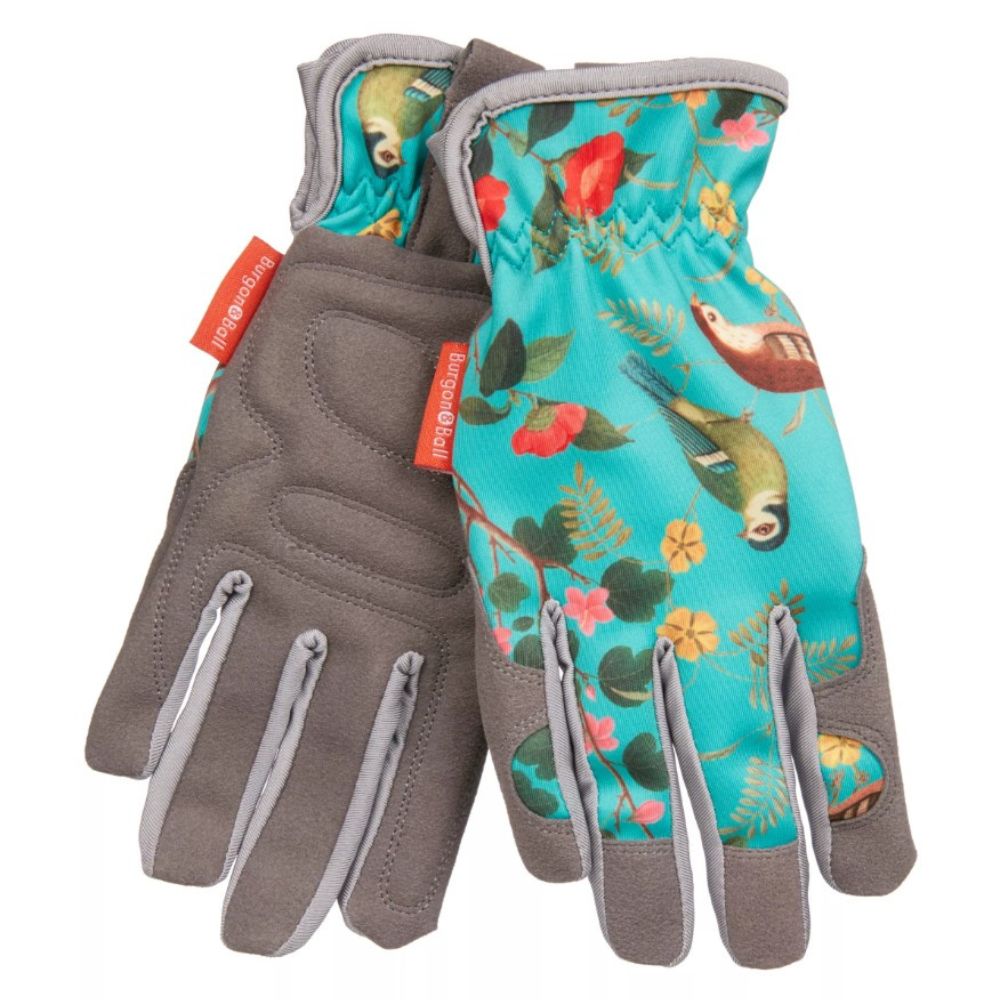
RRP: £17.49 | Why not repot your plant in style with these stunning padded gardening gloves? They have mesh between the fingers to regulate the temperature as well as ultra-soft fell palms that won't stiffen when they dry. Just perfect!
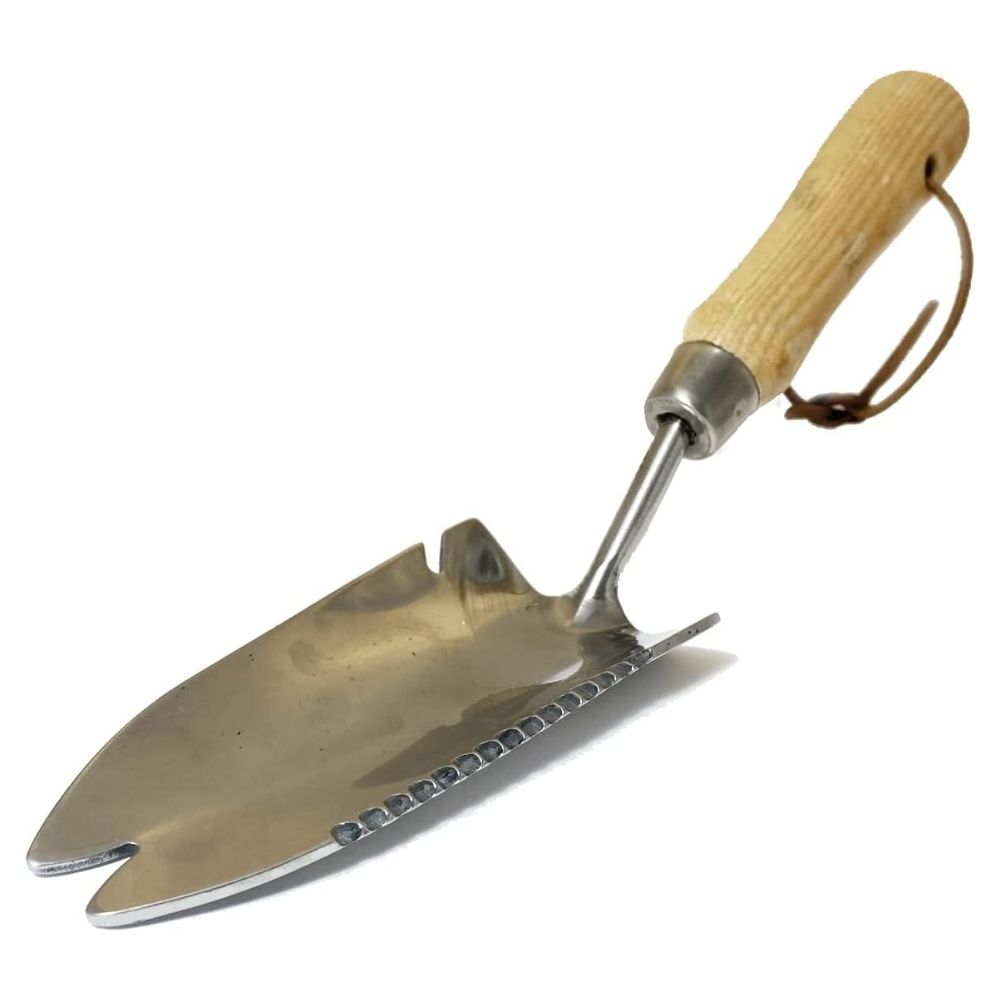
RRP: £15.95 | This hand trowel does it all, from cutting through root balls to up-lifting your root-bound plant. There's even a twine-cutting notch that doubles up as a bottle opener, perfect for a mid-gardening beer.
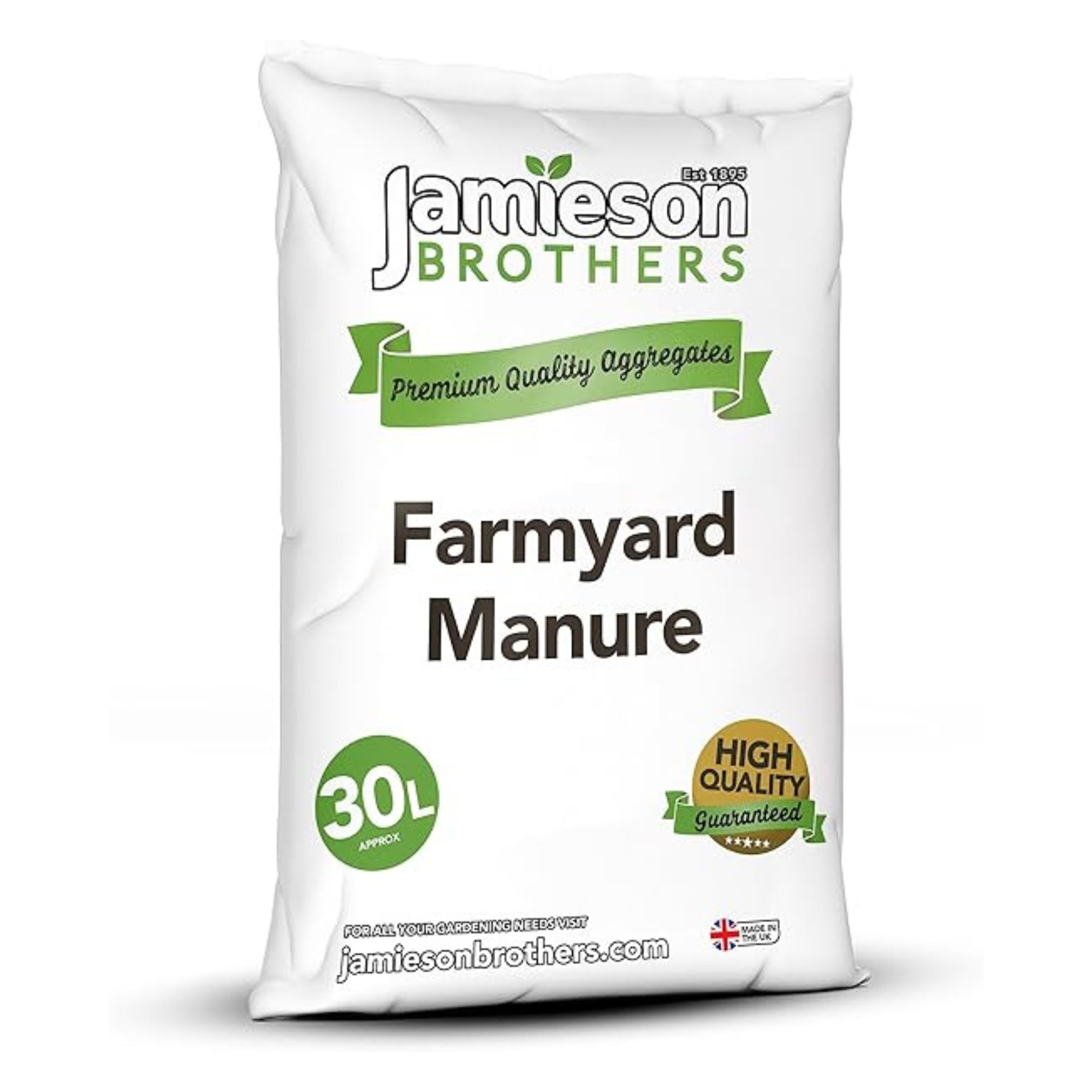
RRP: £17.99 | If you need to enrich your soil then adding some manure to the area will put your veggies in the best position for growth. This one from Amazon is specially blended with horse and chicken manure.
FAQs
What is the best vegetable to grow in August?
Similar to how there are certain species that you should plant in February and flower seeds to sow in April, August also has its favourite.
"While all these vegetables are great options, I'd say kale is the best vegetable to grow in August. It's incredibly versatile, nutritious, and can withstand frost, extending your harvest well into winter. Plus, it's perfect for container gardening, making it accessible even for those with limited space," says Victoria.
Jane is also quick to highlight all the advantages to planting in August whilst it might seem quite late in the year. She explains that if you plant in August you'll be able to enjoy fresh veggies well into autumn and early winter.
Jane adds, "Many vegetables grow faster in August since the soil is still warm from the summer. The warmth helps plants establish faster than in spring. By planting in August, you'll be able to fill in gaps left by early-season crops and make efficient use of your garden space."
"Also, when the weather cools down, some common garden pests are less active, making pest control easier compared to earlier in the season."
Before you start any planting or seed sowing, Jane recommends you get your soil ready. She says you'll need to clear out any remnant of previous crops, add compost or manure to enrich the soil and make sure it's well-drained and aerated.







